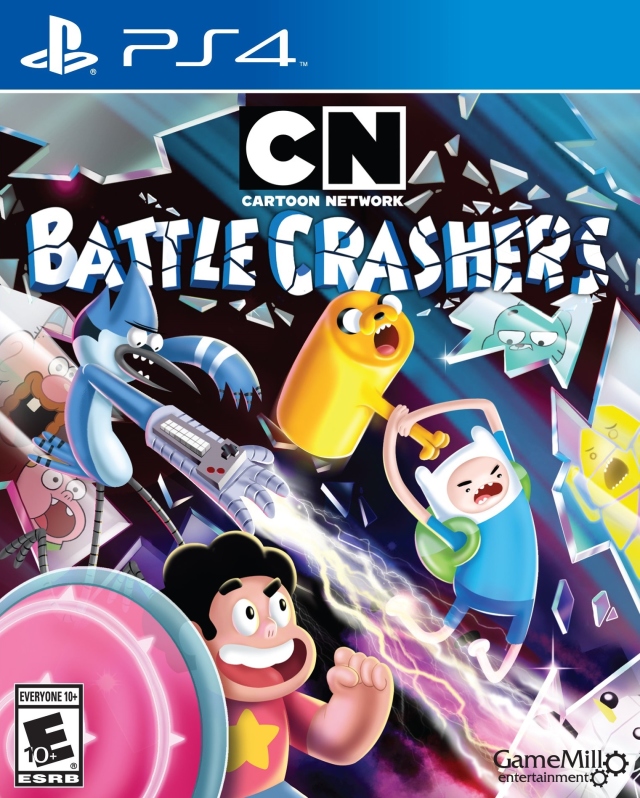Category Archives: Emulation
No-Intro Roms Complet Set
What “No-Intro” does is fill some .dat files, to be used with ROM-Managers, with information about the known ROMS released. Often there are more versions of the same ROM dump, but most of them are garbage, some examples may include: bad dumps, hacks, fakes, overdumps, underdumps, and so on. “No-Intro” lists only the best available ROM; it must be a full dump with no faults and no changes to the file, basically just the ROMS that are the closest as possible to the original licensed cartridges.
Our goal is entirely different to yours!
When this project was born its goal was to remove the intros that some pirate groups added to the Game Boy Advance ROMS.
This is why it’s called “No-Intro”.
In later years, we’ve covered more and more systems: after all the hard work on GBA, GBC, N64, e-Reader and N-Gage, we opened more fronts of preservation.
No-Intro Roms (2020-07-01)
You must login to view the contentNo-Intro Roms – Sony – PlayStation Portable (PSX2PSP)

The PlayStation Portable[a] (PSP) is a handheld game console developed and marketed by Sony Computer Entertainment. It was first released in Japan on December 12, 2004, in North America on March 24, 2005, and in PAL regions on September 1, 2005, and is the first handheld installment in the PlayStation line of consoles. As a seventh generation console, the PSP primarily competed with the Nintendo DS.
No-Intro Roms – Sony – PlayStation Portable (PSX2PSP) (2013-03-18)
You must login to view the contentMAME Roms & Samples

MAME is a multi-purpose emulation framework.
MAME’s purpose is to preserve decades of software history. As electronic technology continues to rush forward, MAME prevents this important “vintage” software from being lost and forgotten. This is achieved by documenting the hardware and how it functions. The source code to MAME serves as this documentation. The fact that the software is usable serves primarily to validate the accuracy of the documentation (how else can you prove that you have recreated the hardware faithfully?). Over time, MAME (originally stood for Multiple Arcade Machine Emulator) absorbed the sister-project MESS (Multi Emulator Super System), so MAME now documents a wide variety of (mostly vintage) computers, video game consoles and calculators, in addition to the arcade video games that were its initial focus.





